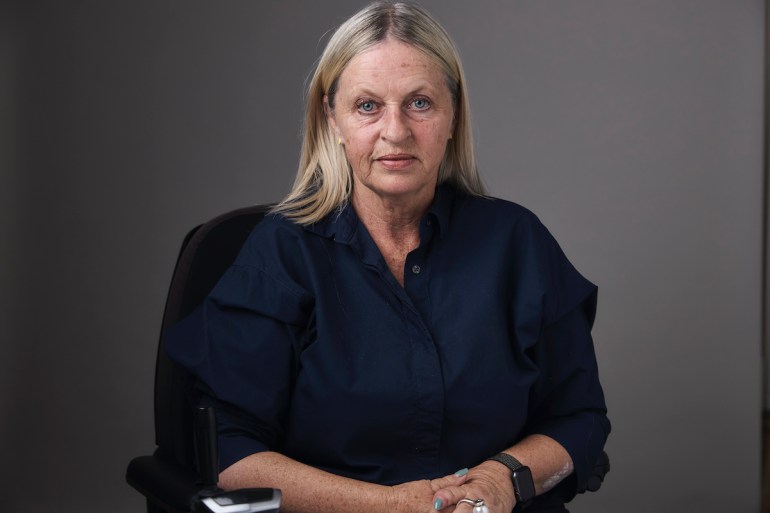The South Australian Film Corporation (SAFC) has launched its inaugural Disability Equality Plan, outlining the agency’s actions to support, encourage and develop South Australian screen practitioners who are Deaf or living with a disability, and boost representation in screen content.
As one of the first initiatives under the new plan, the SAFC is today issuing its first call-out for applications under its new Targeted Diversity Attachment Scheme. It is a paid work opportunity on an upcoming factual series specifically for a writer or producer who is deaf or living with a disability, to commence in February at Adelaide Studios.
The Disability Equality Plan can be downloaded from the SAFC website, and covers off on areas such as ethos, organisational planning, facilities and access tools, SAFC programs and marketing and communication.
Today’s launch follows SAFC disability screen strategy executive Gaelle Mellis being presented with the 2020 Australia Council National Arts and Disability Award for an Established Artist, on yesterday’s International Day of People with Disability.
SAFC CEO Kate Croser said: “In an environment of abundant choice, audiences increasingly value and seek authentic voices and content that reflects their own lives and experiences – something provided by Deaf and disabled screen practitioners through their fresh perspectives, aesthetics and approach.
“The SAFC values ensuring access and equality for all practitioners across the screen sector, and we recognise that representation is vital for ensuring our screen stories continue to connect with diverse audiences. We commit to working with the sector, and our partners, to prioritise inclusion to find and support diverse voices, and develop the skills and networks of Deaf and disabled practitioners in our state.
“I would like to thank SAFC Disability Screen Strategy Executive Gaelle Mellis for her integral role in developing this plan, and congratulate her on her Australia Council National Arts and Disability Award.”
The plan is the latest in the agency’s ongoing series of diversity initiatives: in 2018 the Full Tilt Short Documentary Initiative saw South Australian Deaf and disabled content makers develop and produce three short documentaries for SBS; the 2018-19 Talent Camp targeted Deaf and disabled participants, resulting in a 33 per cent participation rate by Deaf and disabled practitioners; and the newly launched Film Lab: New Voices feature film development program from the SAFC, Adelaide Film Festival and Mercury CX offers specific opportunities for diverse emerging practitioners, including Deaf and disabled filmmakers.
Mellis said: “Stories affect how we live our lives, how we see other people, how we think about ourselves and how people see us. To be a Deaf or disabled person is to exist within a society where your image and identity are created by beliefs, values, myths, assumptions and stereotypes by non-disabled people.“
“The SAFC values that Deaf and disabled people should be the producers of their own image and storytellers of their own lives. We also understand that if Deaf and disabled people constitute 20 per cent of the population, then they represent a huge talent pool. Therefore, it is vital to embed access across all areas of the screen sector.
“The SAFC’s first Disability Equality Plan seeks to start redressing inequality within the screen sector for Deaf and disabled people and will lead to a cultural transformation across the screen sector. I am very pleased that we are already seeing success within the SAFC’s Full Tilt program, and in the increasing numbers of South Australian Deaf and disabled screen practitioners successfully applying for other opportunities and initiatives.”


